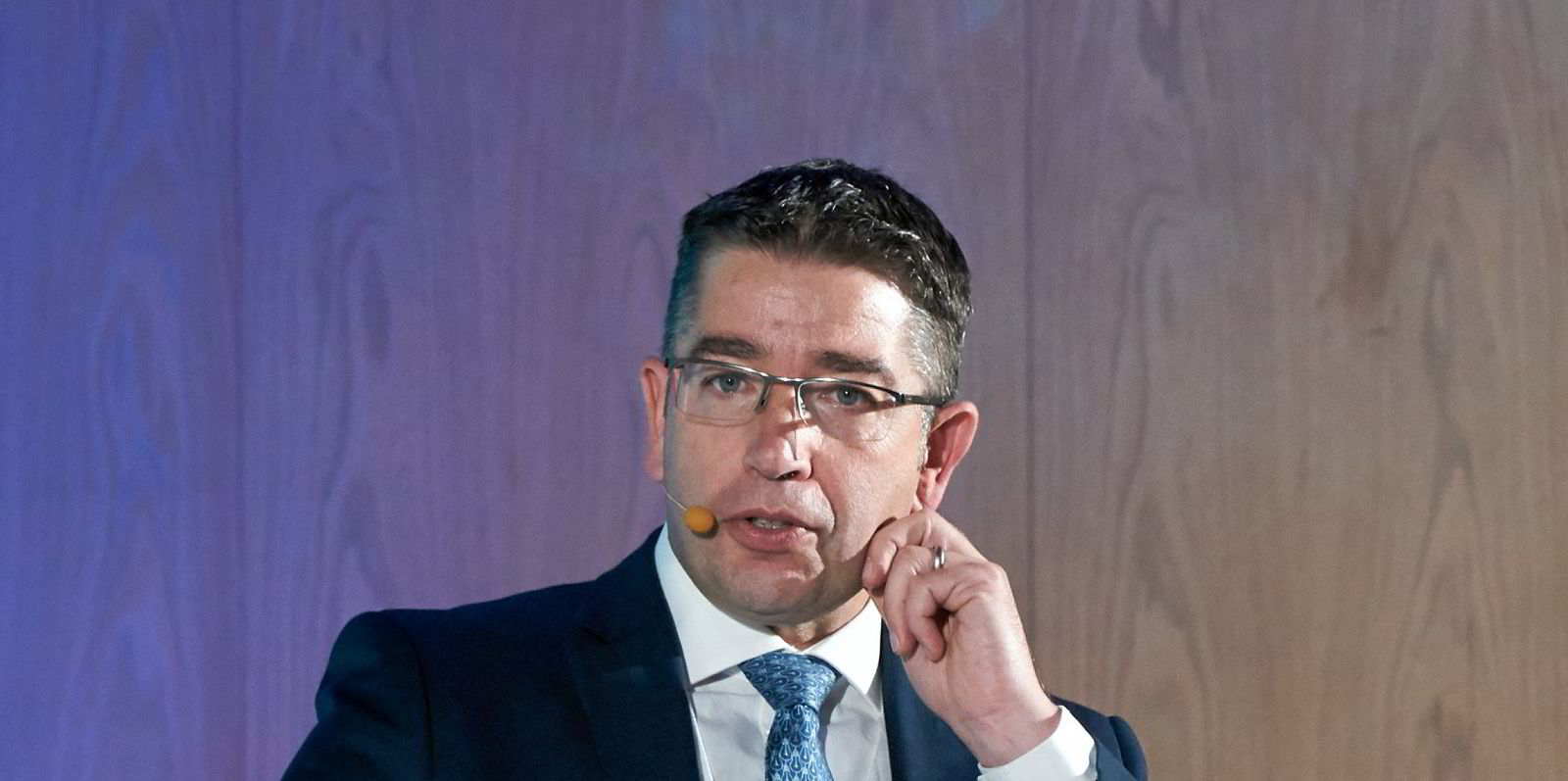Classification societies are still mulling their options amid a widening of sanctions against Russia.
The official line from most class societies is that they are reviewing their Russian business.
But the ongoing crisis has raised questions, not only for their sanctions compliance but for their dedicated environmental, social and governance — ESG — policies.
DNV’s chief executive Remi Eriksen said: “We are deeply disturbed by the invasion of Ukraine, which is inflicting terrible harm to the citizens of Ukraine and threatening peace across the region. Our top priority is the safety of our people, and we are working to ensure our employees have the support they need.”
Lloyd’s Register said it anticipates it will have to update its compliance requirements in line with the widening of sanctions. But in recent years it had been reducing its Russian-related business.
Sovcomflot’s giant SCF fleet is classed mainly by DNV, Bureau Veritas (BV), Lloyd’s Register, ABS and the Russian Register of Shipping (RRS).
The Russian Fesco fleet is also classed by the leading classification societies.
BV has been developing business connections with Russia in recent years.
In 2011, BV agreed with the Ministry of Transport of the Russian Federation to carry out statutory inspection and certification services for the Russian International Registry of Ships.
It also has been involved in joint classification projects with the RRS including the Yamal LNG carrier newbuilding project.
“With respect to classification and other inspection services, we are constantly monitoring the Ukraine conflict to ensure our operations are in compliance with international trade sanctions,” BV said in a statement to TradeWinds.
The International Association of Classification Societies (IACS) said a decision on providing cover for individual Russian shipping companies would rest with each class society.
But classification societies could bring considerable pressure to bear on Russian shipping.
The withdrawal of classification services would immediately mean that annual and special survey certificates would become invalid. It could also have an impact on statutory flag safety certification.
But critically without classification services, ships would also invalidate hull and protection and indemnity insurance cover.
Most insurance and finance requires that ship classification services are placed with an IACS member.
The RRS is currently a full member of IACS and would provide a possible alternative for certification services should the other IACS members decide to remove class from Russian ships.
IACS is a technical rather than commercial association so the RRS’ continued membership does appear not to breach current sanctions.
The IACS criteria for membership is also based on its quality performance rating, which comes under periodic review.




